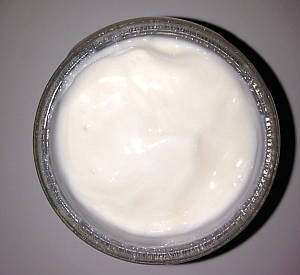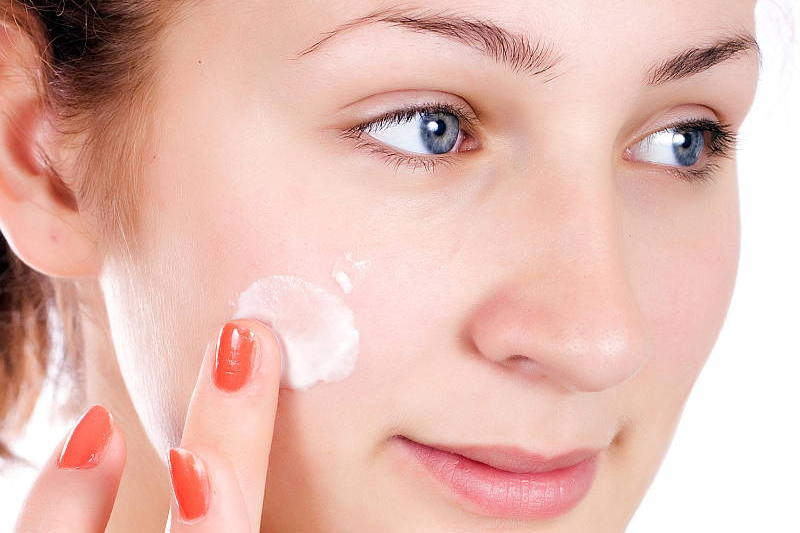A moisturiser is designed to make the outermost layer of the skin (the epidermis) softer, by increasing the level of hydration at the site it is applied. Not all moisturisers are formulated in the same way and it is possible to cause more harm than good. The inappropriate use of a moisturiser formulated for a different skin type can lead to problems such as irritation and/or clogged pores and acne. A tube of moisturising formula might contain natural lipids and sterols meant to support repair and improvement in the condition of the skin. However, if it has been formulated for a different skin type it can actually impede skin repair. This means that someone in need of moisturising products first needs to understand their own skin type and then determine the actual condition they hope to address. Anyone with problematic skin (dermatitis, psoriasis, acne) may want to consult a dermatologist about the most appropriate choices based on their skin type.
Skin types include oily, dry, normal, sensitive and combination. The individual first has to determine if an oil or non-oily moisturiser is appropriate for their skin. The non-oil formulations are best for those with oily and combination skin types, as they limit the amount of additional oil in the skin whilst also enhancing softness.
The following list of words may be used to describe moisturisers:
- Emollient
- Lotion
- Ointment
- Humectant
- Lubricant
- Oil
An emollient soothes the skin and makes it softer. Humectants, such as urea, are materials that are designed to assist another material absorb moisture.
 The choice of moisturiser also has to be made based on the desired outcome of its use. As such, it is a good idea to work with a dermatologist if you have problematic body or facial skin. A dermatologist will understand the key ingredients that you need in a moisturiser to get the required effects. For instance, you may need a formula with Alpha Hydroxy Acids (AHAs), which can exfoliate in some formulations, act as a humectant in others, or increase elasticity and pliancy in others. Many different active ingredients are now incorporated into moisturisers. Common ingredients include sunscreens, vitamin C and E, retinols and salicylic acid.
The choice of moisturiser also has to be made based on the desired outcome of its use. As such, it is a good idea to work with a dermatologist if you have problematic body or facial skin. A dermatologist will understand the key ingredients that you need in a moisturiser to get the required effects. For instance, you may need a formula with Alpha Hydroxy Acids (AHAs), which can exfoliate in some formulations, act as a humectant in others, or increase elasticity and pliancy in others. Many different active ingredients are now incorporated into moisturisers. Common ingredients include sunscreens, vitamin C and E, retinols and salicylic acid.
It is important to choose a formula that works with your skin type, which can provide the results you want. There are even therapeutic moisturisers that can address multiple issues, so be sure to speak with a medical professional for advice.
If you have any questions about moisturisers or any other skin concerns contact your local doctor, who will arrange for you to see a dermatologist. Contact Us Today.



